Swimming is a full-body, high-energy sport that demands consistent fueling. Whether you're training early in the morning, squeezing in a workout after school, or hitting the pool late at night, your nutrition plays a crucial role in performance, recovery, and endurance. But with packed schedules, how can swimmers eat right without spending hours in the kitchen?
This guide delivers a complete, realistic meal prep checklist designed specifically for swimmers—minimal gear, maximum results. You’ll find simple recipes, smart prep strategies, and nutrition tips that fit into real life.
Swimmers burn significant calories—anywhere from 400 to 1,000 per hour, depending on intensity. To keep energy levels stable and support muscle repair, consistent intake of balanced meals is essential. Skipping meals or relying on fast food can lead to fatigue, poor recovery, and decreased performance.
Meal prepping helps you stay on track. By preparing meals in advance, you eliminate decision fatigue and ensure you’re getting the right mix of carbohydrates, protein, and healthy fats—when you need them most.
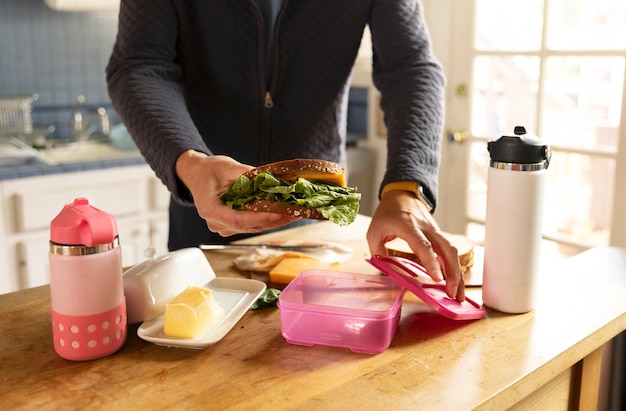
You don’t need a fully stocked kitchen or fancy gadgets. Here’s what you really need:
With just these essentials, you can prep a week’s worth of swim-ready meals in under two hours.
Every meal should include:
Here’s a realistic 5-day plan using batch cooking and repurposing ingredients to save time.
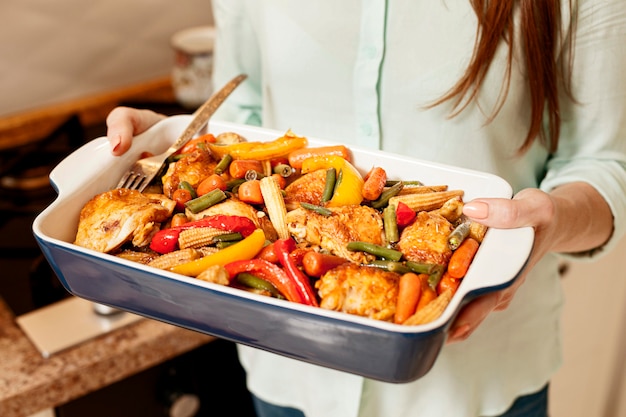
Ingredients:
Mix all ingredients, divide into jars, and refrigerate overnight. Eat cold or warm up in the morning. Top with a spoon of peanut butter for extra fuel.
Ingredients (per bowl):
Assemble and enjoy within minutes. Perfect after early-morning or late-night practices.
Prep 5 small containers with combinations like:
Fueling for swimming doesn’t have to be complicated. With a simple checklist, a few reusable containers, and a few hours of prep, you can eat like a champion—no matter how busy life gets. Focus on balance, consistency, and simplicity, and your body will thank you in the water.
Stay fueled, stay fast, and keep swimming strong.

Fitness
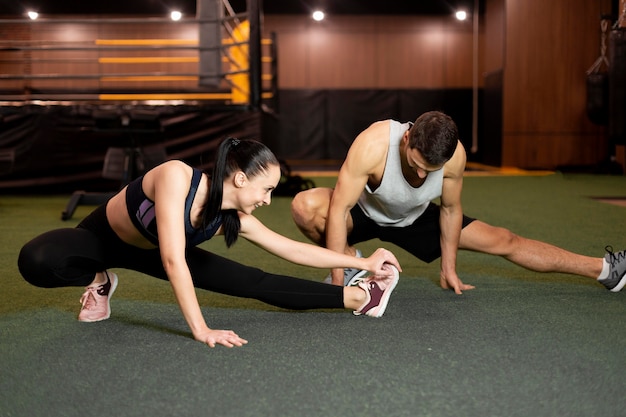
Fitness
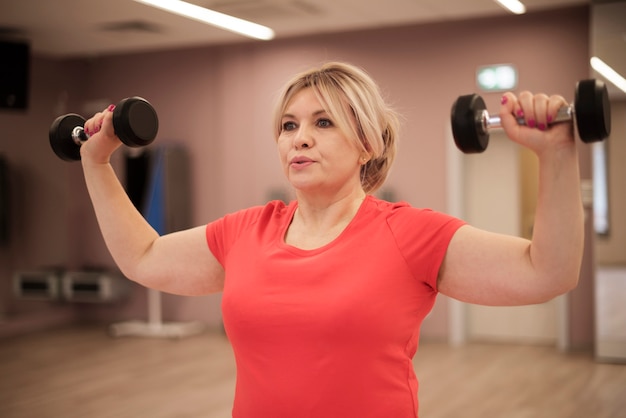
Fitness

Fitness
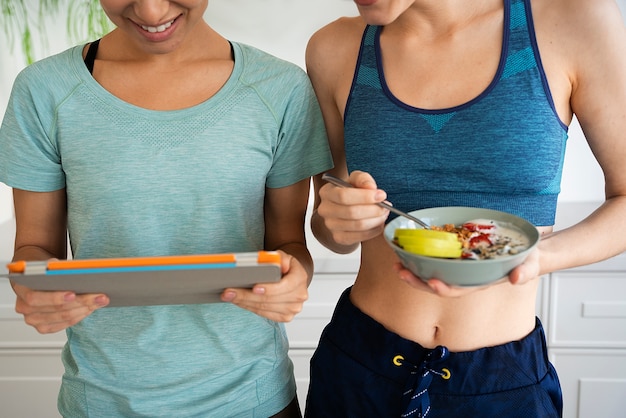
Fitness

Fitness
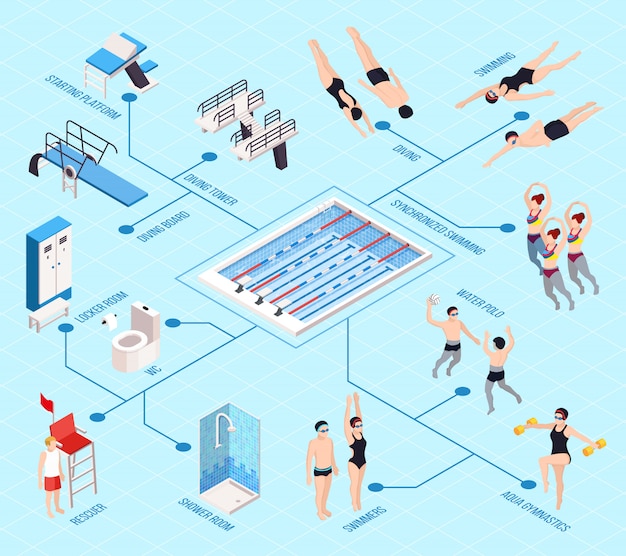
Fitness
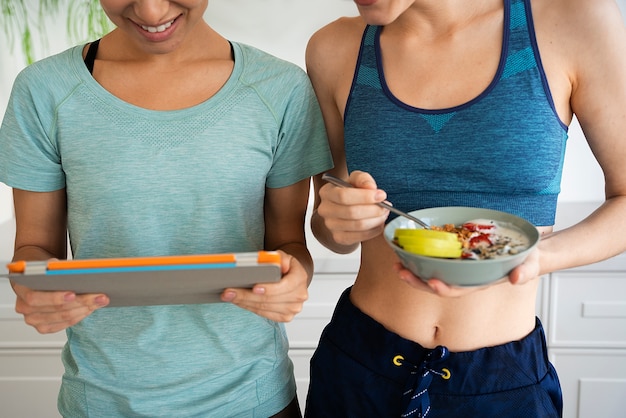
Fitness
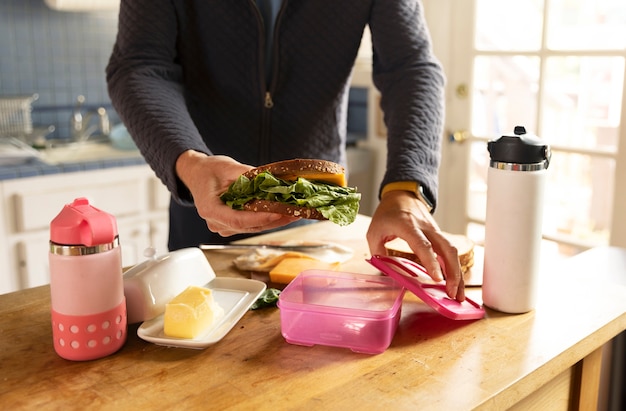
Fitness

Health

Fitness

Health

Health